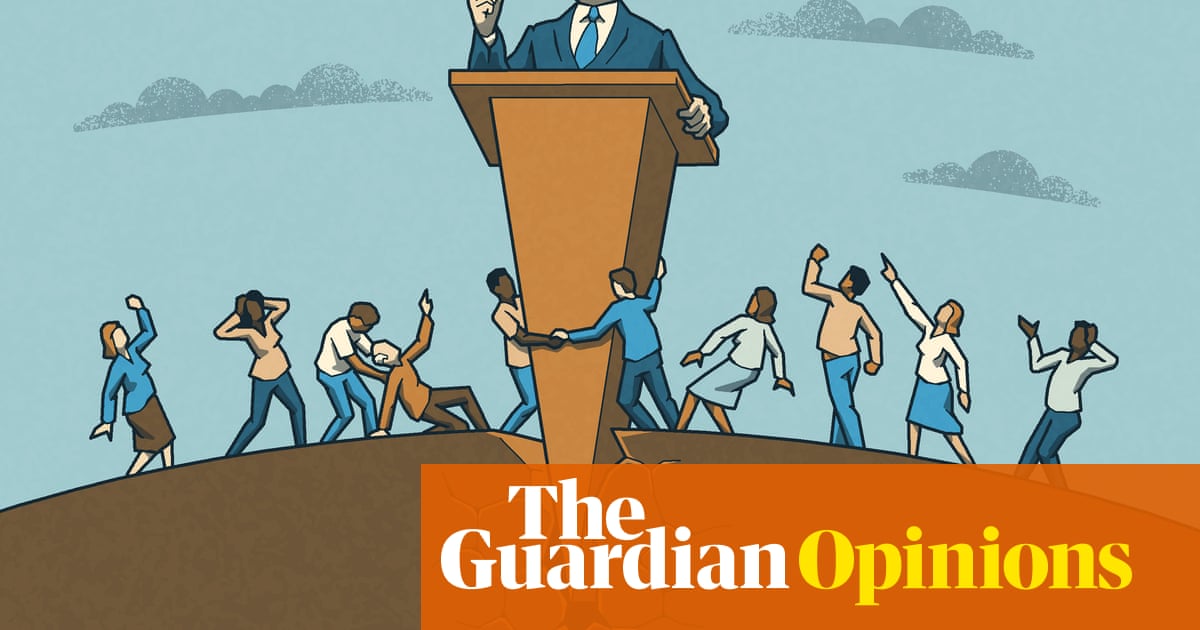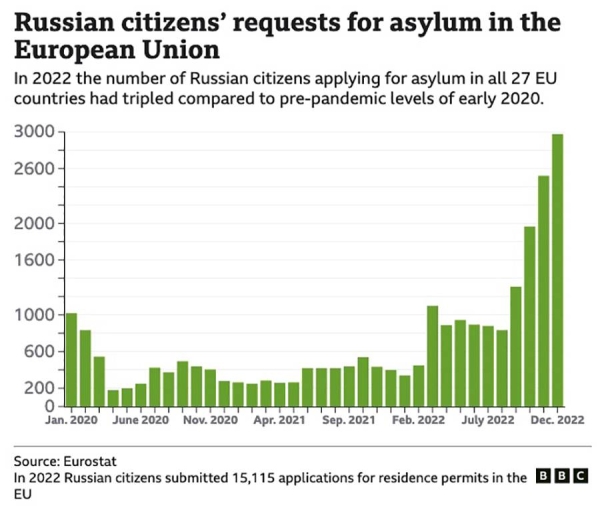
he idea of the border has come to dominate British politics – yet it seems as if everywhere, borders aren’t doing what politicians say they should. In England, a potentially dangerous variant of Covid-19 has taken root, despite the traffic-light system of international travel restrictions. In Northern Ireland, a representative of loyalist paramilitaries raises the prospect of violence if the post-Brexit customs border in the Irish Sea is not removed. In Glasgow, an immigration raid prompts a community to occupy the streets in protest against the very border policy that the government claims is there to keep them safe.
What these examples have in common is that they are all cases in which politicians have presented borders as a tool for greater control – over public health, say, or national sovereignty, or immigration. Yet their efforts seem to have the opposite effect. Why does this keep happening?
Often, we talk about borders as if they are a fact of life – a natural dividing line between peoples and states – or as if they are mere technical arrangements that can be safely sectioned off from wider politics. Last week, for instance, the home secretary, Priti Patel, announced plans for a “fully digital border system” that would enable officials to count the number of people who enter and leave the country. Under this new system, immigration will be simpler and fairer for people who come to the UK legally, allowing the government to be even tougher on people who are here without official permission. Patel might be distinguished from her predecessors by her hardline approach to enforcement, but this is also a version of what politicians in her position have promised for decades. Yet the promise is always something to be fulfilled in the future, never in the present.
The philosopher Étienne Balibar has a useful explanation for why international borders are so often the site of such conflict today. Borders, first of all, are what he calls “overdetermined”: they never have a single function, such as marking out the edges of a territory, but express a range of different political relationships: between neighbouring states, certainly, but also between regions and political blocs, or between the powerful and the weak.
“Global Britain,” Patel said in her speech, is more than a slogan: it “underpins everything we do”. A major claim of the Conservatives’ emerging “global Britain” ideology is that Brexit will revive the UK as a world trading power, through treaties that for the most part still need to be signed. When Covid cases in India shot up this spring, did the government delay placing the country on the “red list” of travel restrictions to avoid souring a prospective trade deal, as some critics have suggested? The health secretary said not, but the issue illustrates the competing pressures at work.
Balibar also describes how a border can mean radically different things to different people, depending on how a state wants to treat them. Earlier this month, a German-born businessman called Wolfgang told the Guardian of his shock at being detained on arrival at Heathrow, despite having indefinite leave to remain in the UK. “How is it that a border official with one tick can suspend those rights,” he asked. This was a case of rules being misapplied: as an EU citizen who had been living in the UK before Brexit, Wolfgang should have been allowed to enter the country freely. But border systems are designed precisely to discriminate between people, on the basis of nationality certainly, but also to reinforce a global system of class and caste.
The immigration raid that prompted such opposition in Glasgow is a case in point. Patel defended the practice, which extends border control far away from the geographical frontiers of the UK and into the heart of the country’s residential neighbourhoods, as a necessary means to expel undesirables. People who seek to disrupt immigration enforcement, said Patel, “should think about whether their actions may be preventing murderers, rapists and high-harm offenders from being removed from our communities”. Her opponents say that it’s the enforcement itself that causes harm to communities. The heavy police presence in Glasgow, said Van Man, an activist who lay under an immigration enforcement van for almost eight hours to stop it driving off, “just goes to show how these ‘hostile environment’ policies start off criminalising migrants, but quickly turn on anyone else who stands in the government’s way”.
At the root of the matter, says Balibar, there is a fundamental conflict in the tasks that borders are expected to perform. Borders might be a set of legal and technological measures that aim to filter people, or goods, or anything else whose movement a state might wish to regulate. But they also play an important ideological function, existing to reinforce a sense of shared national identity and continuity among citizens of a state – and the first set of priorities can often come into conflict with the latter. Enthusiasts for Brexit, for instance, may well argue that the erosion of the UK’s borders during its membership of the EU was responsible for a nationalist backlash – yet the situation in Northern Ireland now is only the most alarming example of how imposing border controls can expose divisions among the inhabitants of a state rather than smooth them over.
We often talk about borders in terms of what they mean for outsiders – for the people and things that are either excluded or welcomed. But the way a country chooses to police its borders will tell you most of all about the political priorities of the people who run that country. If the priority now is “global Britain”, then what we should be asking is: who will that benefit? And who will lose out?
Daniel Trilling is the author of Lights in the Distance: Exile and Refuge at the Borders of Europe and Bloody Nasty People: the Rise of Britain’s Far Right











